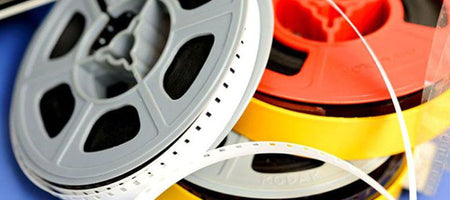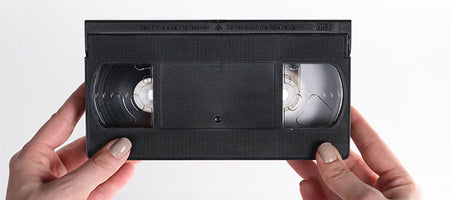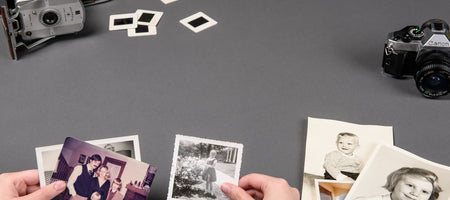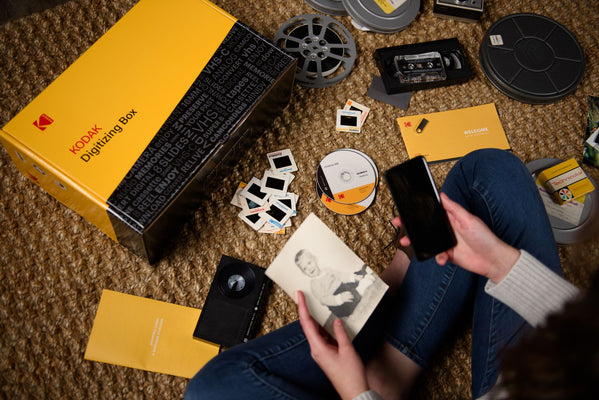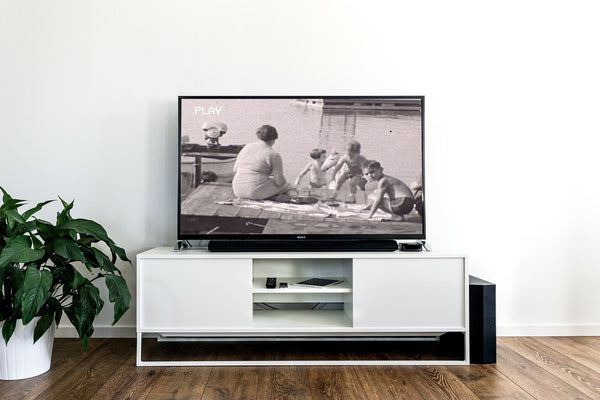Back in the day, like way back in the 1800s, the world’s first films were never synced to recorded sound.
Silent films reigned for nearly four decades before sound was added to movies in the late 1920s.Technical challenges discouraged filmmakers from wanting to synchronize sound until convenient devices like the Audion amplifier tube completely changed the way film was perceived.
Films were first created in the late 1870s using motion photography. At the turn of the century, showing films in theaters became a common occurrence and form of amusement (even though most of the films were less than 20 minutes in length). By 1906, the first full-length silent film The Story of the Kelly Gang debuted in Australia.
With today’s modern expectations, silent films sound rather boring (no pun intended). But in reality, these theaters were full of noise. Silent films were oftentimes accompanied with a live narrator, orchestra, sound effects, and specially scored songs. Silent films tended to rely on dramatic facial expressions from actors and artistic cinematography from directors.
Since all films were silent films back then, the term “silent film” was nonexistent. On the contrary, the earliest sound films were labeled “talkies” or “talking pictures” in the 1920s when the average film was still audio-less.
Film inventors had been experimenting with sound ever since film came to fruition in the late 1800s, but sound technology was behind on the times compared to film. Even if audio could be perfectly synced, speakers were inadequate and too quiet for large public theaters.
Since sound and film are recorded separately, filmmakers had a really difficult time syncing until Lee De Forest undertook a mission to harmonize the two. He used his Audion invention to record the sound directly to the side of the filmstrip’s perforations using light and magnetic waveform strips. The light’s brightness on the strip determined the volume, and striped barcodes detect the rhythm and pitch. After further fine-tuning and some light bulb adjustments, the era of silent films was about to come to an end due to successful sound synchronization.
Theatrical orchestras and scripted music had become such a cultural norm in film that synced sound didn’t become widely accepted until a few years after. Actors had to completely change their career from a facial expression focus to a vocal focus. And film directors were skeptical of sound decreasing film creativity.
In 1927, The Jazz Singer was the first feature length film to include sound. By the early 1930s, the silent film era was over as “talkies” became a theatre sensation. Hollywood was quick to take advantage of the new technology, but European filmmakers were hesitant and believed sound could diminish the aesthetic value of movies.
Silent films still remain a major influence to the artistic origins of cinematography. Movements such as Classical Hollywood, French Impressionism, and German Expressionism started in the 1910s-1920s when films were still silent.
Today, we might view silent films as archaic, but they embodied a high quality that is nearly impossible to appreciate now. Most movies from the silent film era are missing scenes or lack the original copy. Unfortunately, the age of silent films is an aspect of media history that is hard to study due to neglected footage.
As sad as it is to lose footage from the silent film era, we can still admire the remaining clips and observe them for their significant role in film history.

